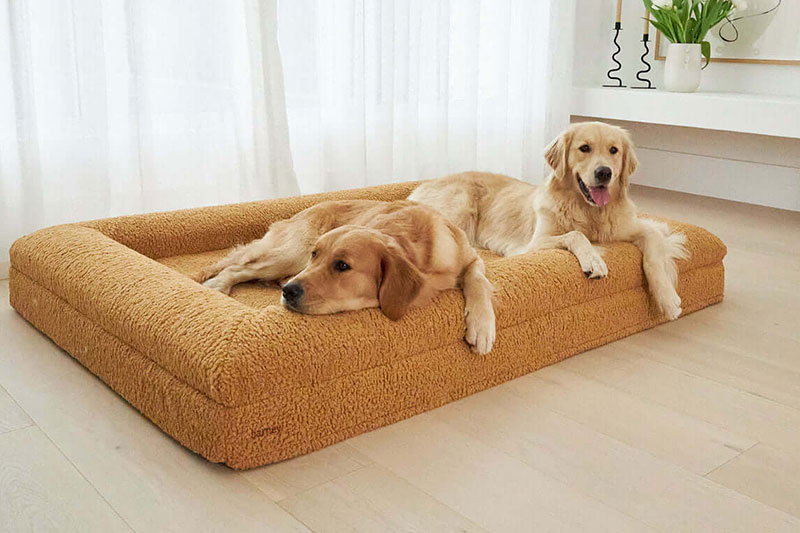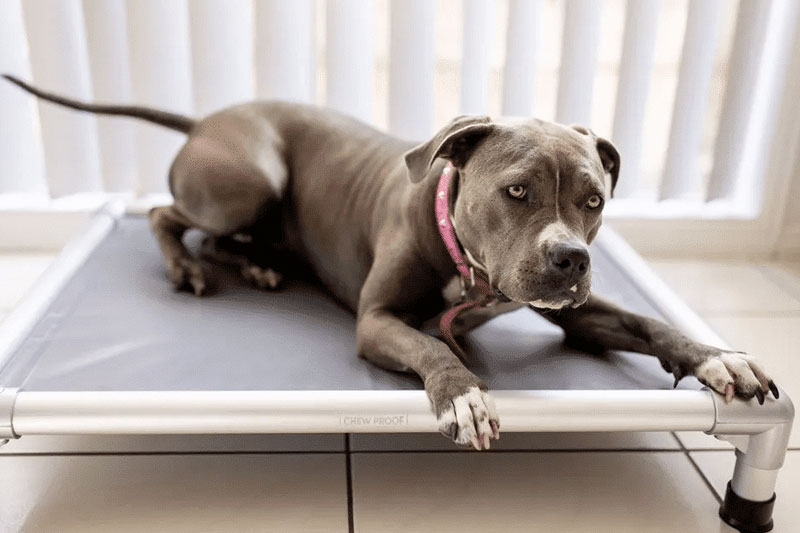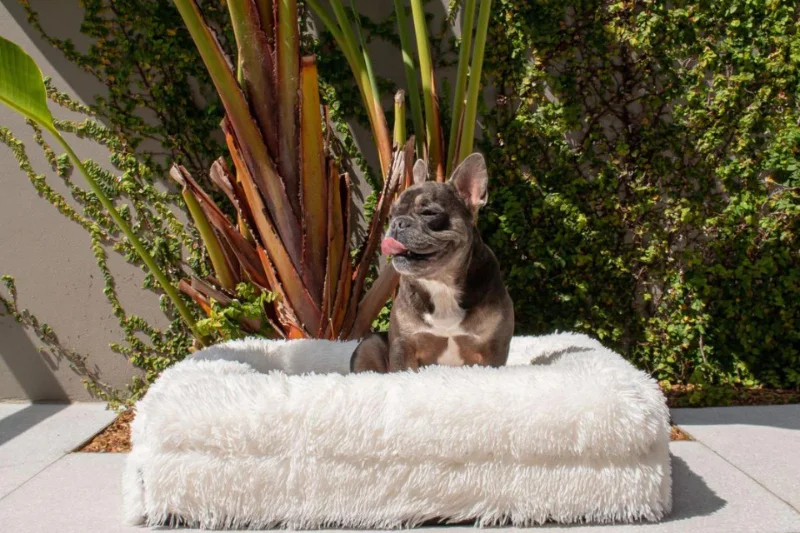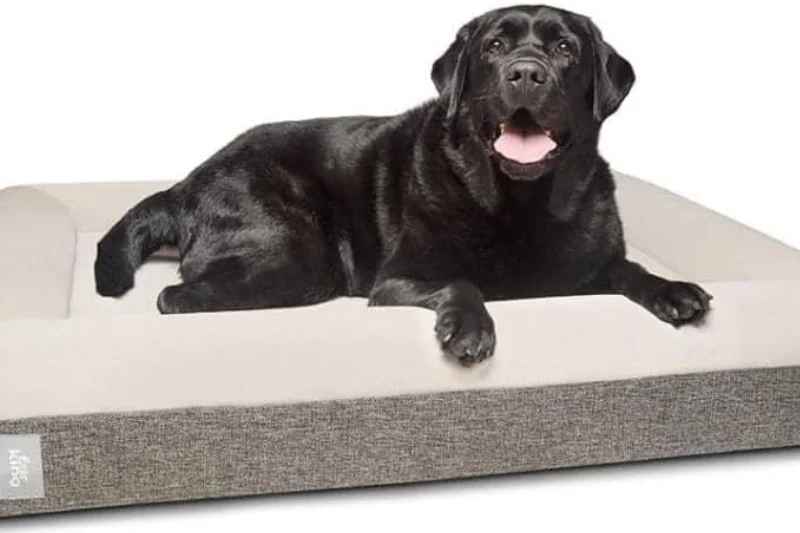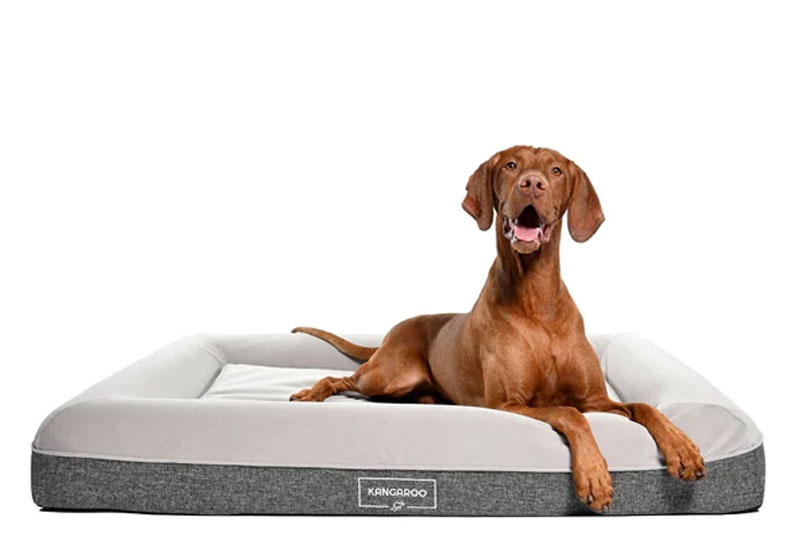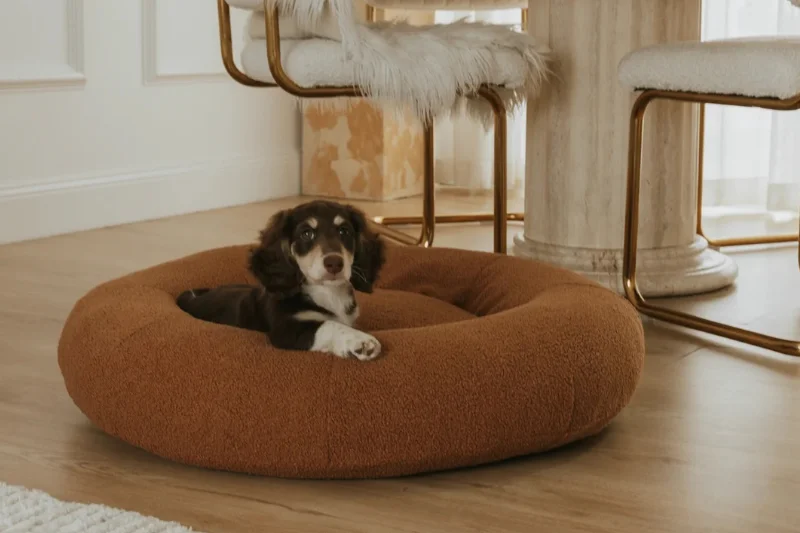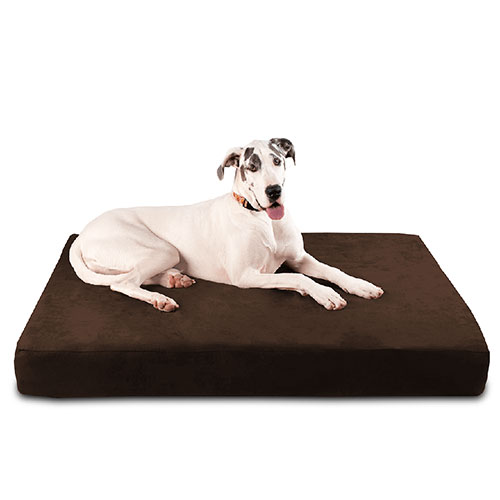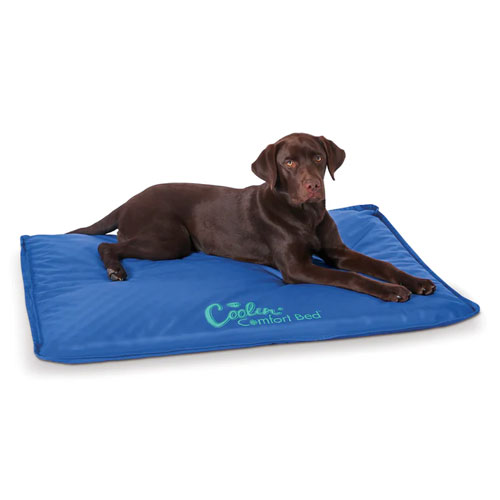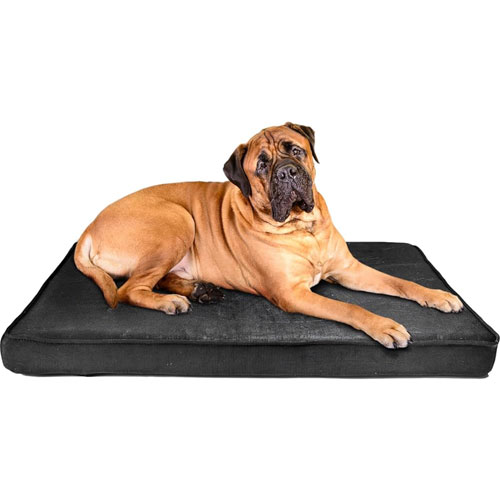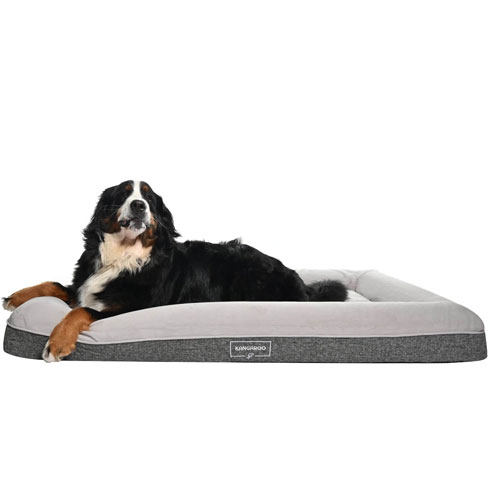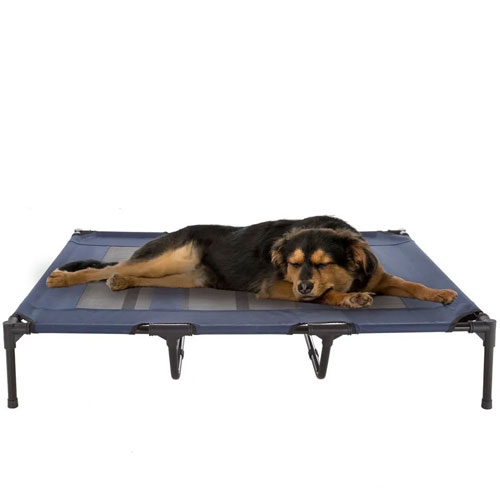Compare Dog Beds Australia
Compare Dog Beds Australia
Looking for the best dog bed in Australia? You’ve come to the right place! Our team has tested and compared a variety of top-rated dog beds available for delivery Australia-wide. Forget endless searching – we’ve curated a list with options to suit every dog’s needs.
Have a question or want to suggest a product?
Compare Dog Beds
Advertiser Discolure Advertiser DiscolureA luxurious orthopedic bed for your dog whatever its size guarantees your dog will have a comfortable and protected nights sleep.
Australia Wide, NZ
from/$255
Indestructible dog beds made in Australia for even the most determined of chewers they wont be able to get through this bed.
Australia Wide, NZ
from/$324.29
If you are looking for a luxurious, yet affordable dog bed which provides soft and snuggly place for your dog to lay its head, but also provide orthopaedic support then the Dazy Dog bed is for you.
Australia Wide
from/$229
The top orthopedic dog bed available in Australia, created by veterinarians to ease your canine's aches and pains.
Australia Wide
from/$279.99
An Australian-owned dog bed company makes the Kangaroo bed and claims to be the first “All season bed” that caters …
Australia Wide, NZ
from/$306
Send your dog to dream heaven with this luxurious soft and soothing dog bed from Sash Beds.
Australia Wide, NZ
from/$230.00



